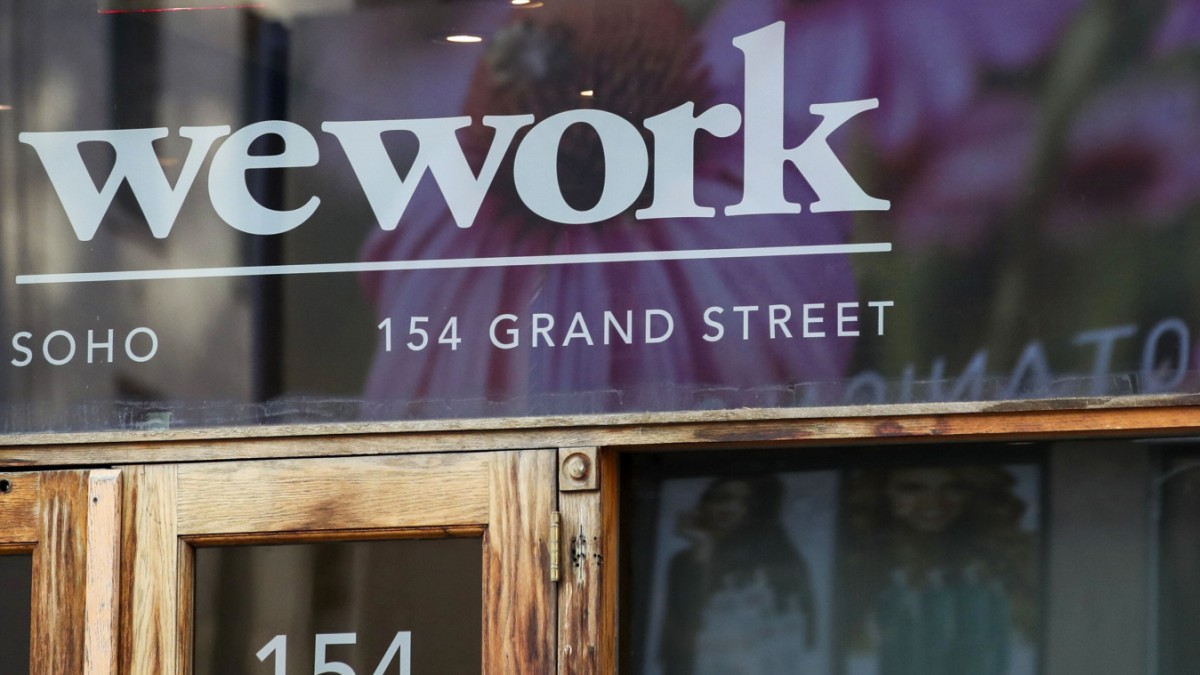Office space: We Work doubts its own future – economy

The office space provider We Work, which once became the prime example of wildly overvalued US start-ups, is in trouble again. We Work has even admitted “considerable doubts” about the continued existence of the company in view of the losses and the expected cash requirements. We Work announced that they now want to negotiate cheaper rents, reduce costs and raise additional capital over the next twelve months.
The idea behind We Work is to rent office space with a shared infrastructure to start-ups and entrepreneurs in so-called co-working spaces. Thanks in part to clever marketing by the founders, financiers invested in We Work, which was valued at up to 47 billion dollars at times. That was in Manhattan Pursue 2019 the largest private user of office space. With this reputation as one of the most valuable start-ups, We Work wanted to go public in 2019 – but instead of a triumph there was a flop.
The deeper insight into the business in the prospectus prompted large investors to avoid the loss-making company. The debacle at the time was particularly expensive for the Japanese group Softbank owned by billionaire Masayoshi Son. Softbank and its vision investment fund, which was backed by Saudi Arabian money, had secured a 29 percent stake in We Work for nine billion dollars. When the IPO fell through in 2019, Softbank raised another $9.5 billion to increase its stake to 80 percent and squeeze out controversial co-founder and CEO Adam Neumann.
However, We Work remained unsuccessful even under the direction of Softbank. During the corona pandemic, offices around the world emptied because people were working from home. Even after the pandemic has subsided, We Work is struggling to fill its office space. At the same time, for example, rental costs for buildings have to be paid and debts have to be serviced.
Only a few months ago, We Work was able to reduce the debt burden somewhat through talks with financiers. In 2021, the start-up managed to go public after a detour. We Work went public through a merger with a blank check company. At the time, a share was trading for around $13. In after-hours trading on Tuesday, the price fell again by more than a fifth to around 16 US cents. The value has fallen by 85 percent since the beginning of the year.











